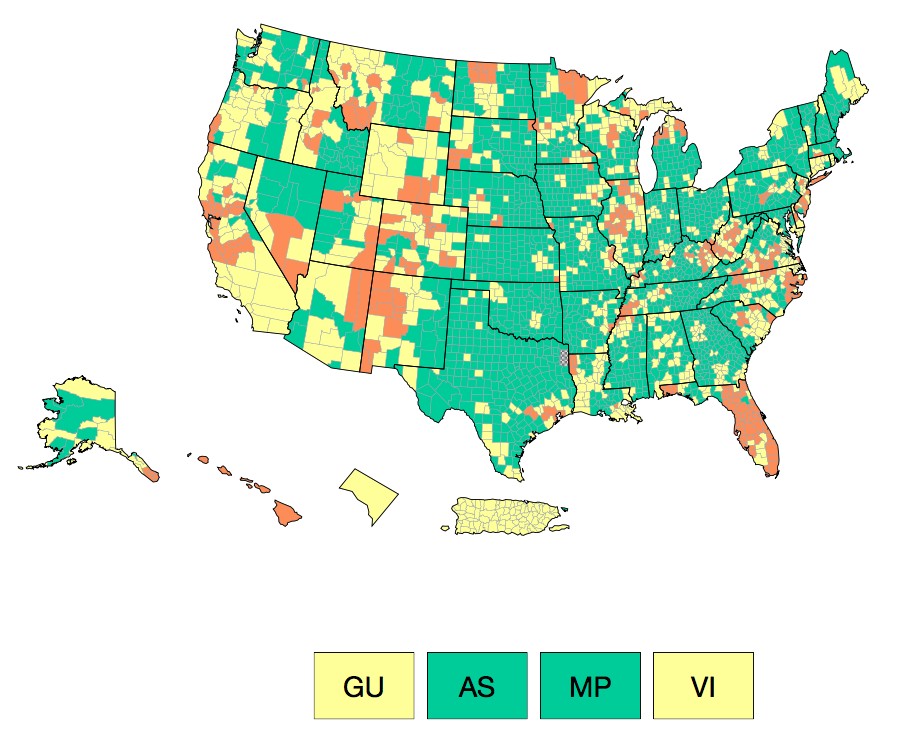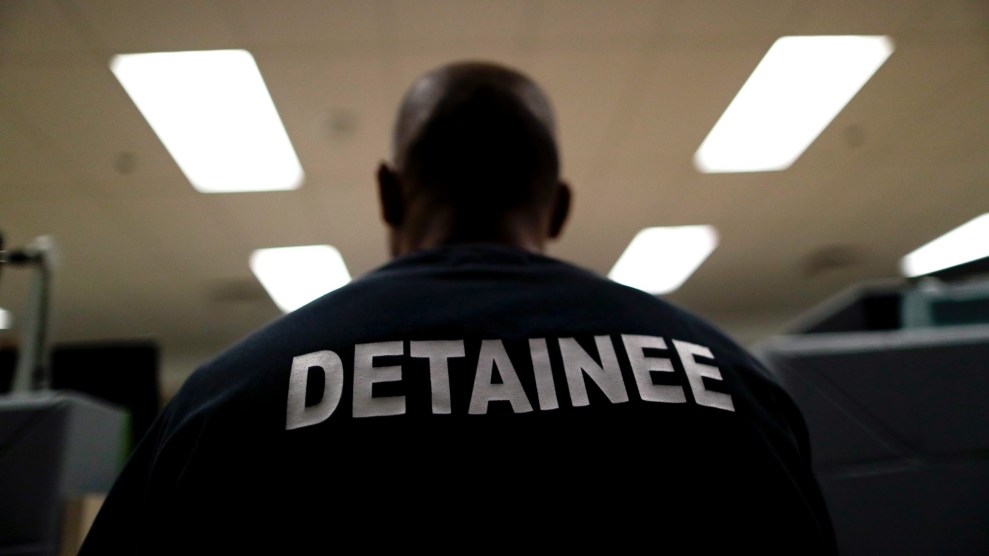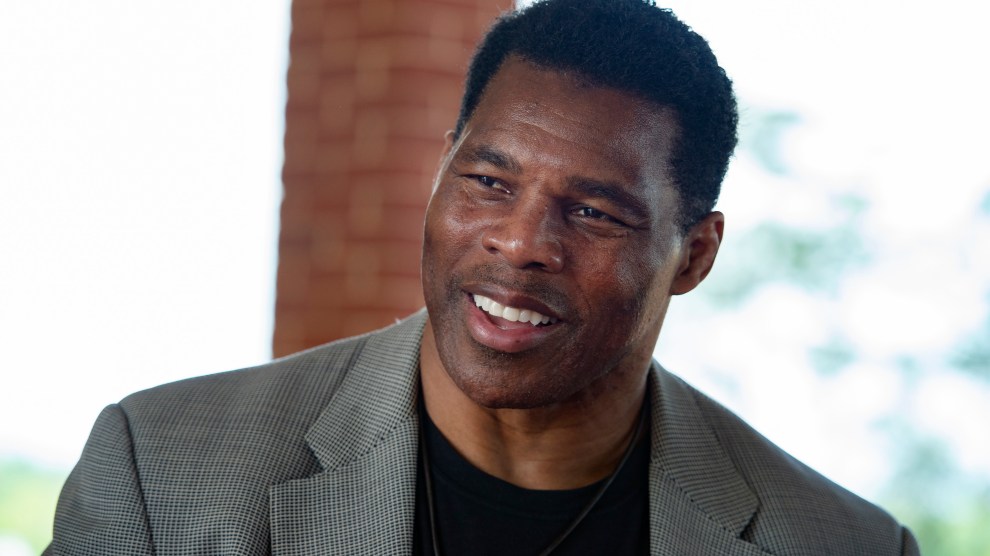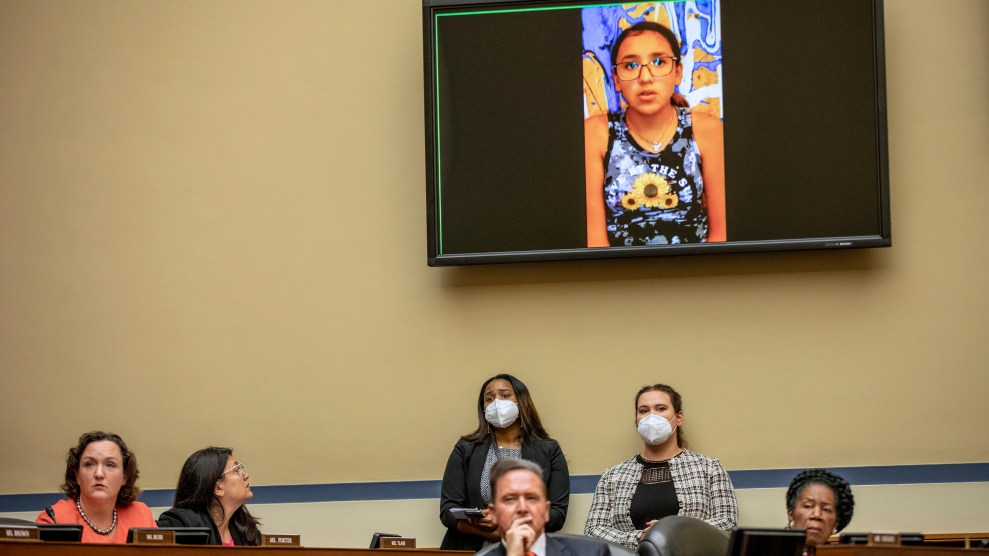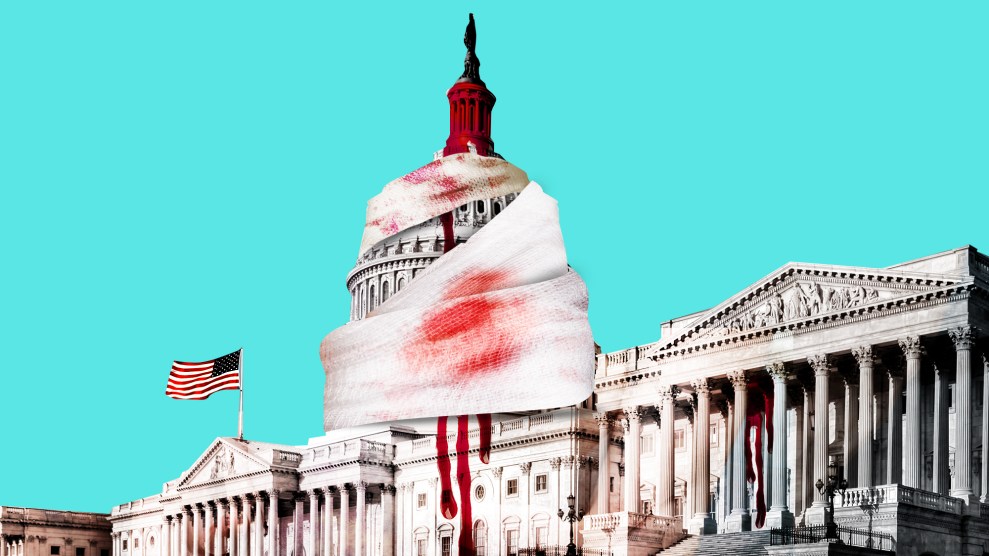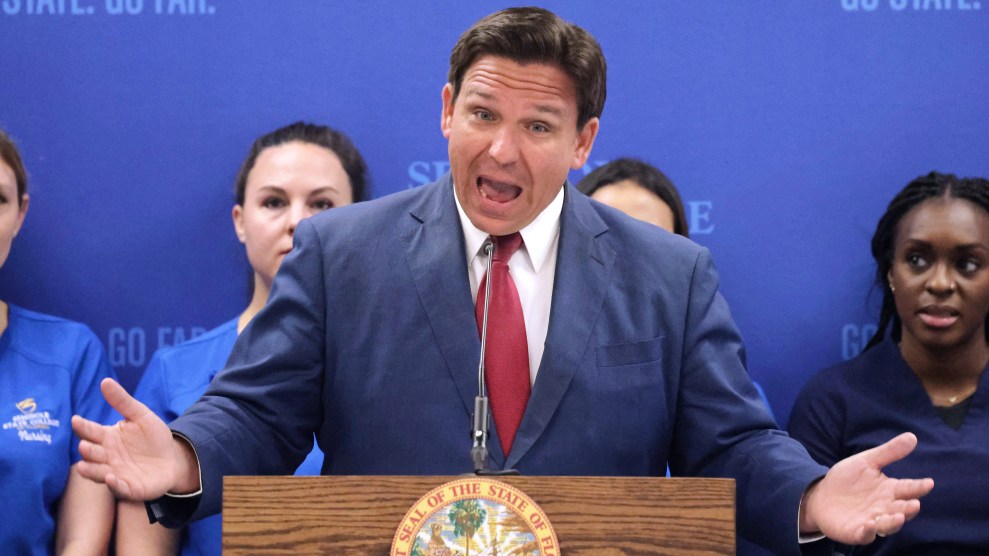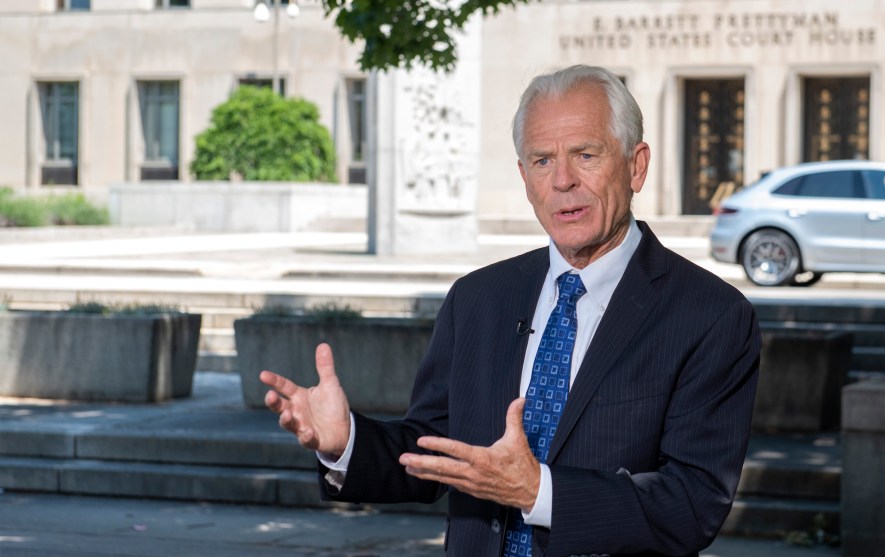
Texas Department of Public Safety Director Steve McCraw points to a photo of the Robb Elementary School door during a Texas state Senate hearing Tuesday.Bob Daemmrich/Zuma
One month after a gunman killed 19 children and two teachers at Robb Elementary School in Uvalde, Texas, damning new details about the police response continue to emerge. Based on reporting from the Texas Tribune and testimony from Texas Department of Public Safety Director Steve McCraw in a hearing before the state Senate, we now know that police armed with rifles were at the scene just three minutes after the shooter entered the building. Police never attempted to open the door to the classroom where the shooter had been “barricaded”—at least until the final moments before killing him, more than an hour after officers first arrived on the scene. In fact, it’s yet to be settled whether the door was even locked.
As details continue to be contested and new information emerges, it’s clear that a tragic confluence of factors—from faulty door locks to a disjointed police response—allowed the shooter’s rampage to continue for 77 minutes. Here’s a list of some of the things that went wrong, based on what we know so far.
- An apparently faulty lock on a school door allowed the shooter to enter the building with ease. While it was previously reported that a teacher had propped the door open, officials have since explained that the teacher shut the door when she saw the gunman approaching the school. As McCraw pointed out during his testimony today, even if the door had been locked, the shooter would have been able to enter the school by shooting through an adjacent glass panel, reaching inside, and pulling the door open.
- The classroom apparently could only be locked from the outside, and there is no indication that the door was ever locked. The Texas Tribune reports that the shooter easily entered and exited the classroom at least three times. Surveillance footage does not show police attempting to open the door to the classroom. Even if the door had been locked, police appear to have had the means to open it: Just eight minutes after the shooter entered the building, an officer reported that police had a Halligan bar, a firefighting tool used to break down doors, according to AP. Instead of trying the door, Uvalde schools police chief Pete Arredondo waited to obtain a master key he might not have even needed.
- Arredondo did not bring his police radio into the school. Furthermore, police radios tended not to function inside the school, according to Arredondo.
- Some of the diagrams of the school that the police were using were incorrect, according to McCraw.
- Officers had access to ballistic shields 58 minutes before authorities stormed the classroom. The only thing preventing them from entering the classroom, according to McCraw, was Chief Arredondo.
McCraw summed up the tragedy like this:
Three minutes after the subject entered the west building, there was sufficient number of armed officers wearing body armor to isolate, distract, and neutralize this subject. The only thing stopping the hallway of dedicated officers from entering room 111 and room 112 was the on-scene commander, who decided to place the lives of officers before the lives of children. The officers had weapons. The children had none. The officers had body armor. The children had none. The officers had training. The subject had none. One hour, 14 minutes, and eight seconds. That’s how long the children waited and the teachers waited…to be rescued. And while they waited, the on-scene commander waited for a radio and rifles. Then he waited for shields. Then he waited for SWAT. Lastly, he waited for a key that was never needed. The post-Columbine doctrine is clear and compelling and unambiguous: Stop the killing, the stop the dying. You can’t do the latter unless you do the former.
“There is compelling evidence that the law enforcement response to the attack at Robb Elementary was an abject failure,” he said, “and antithetical to everything we’ve learned over the last two decades since the Columbine massacre.”
This article first appeared in the Mother Jones Daily, our newsletter that cuts through the noise to help you make sense of the most important stories of the day. Sign up for free here!









